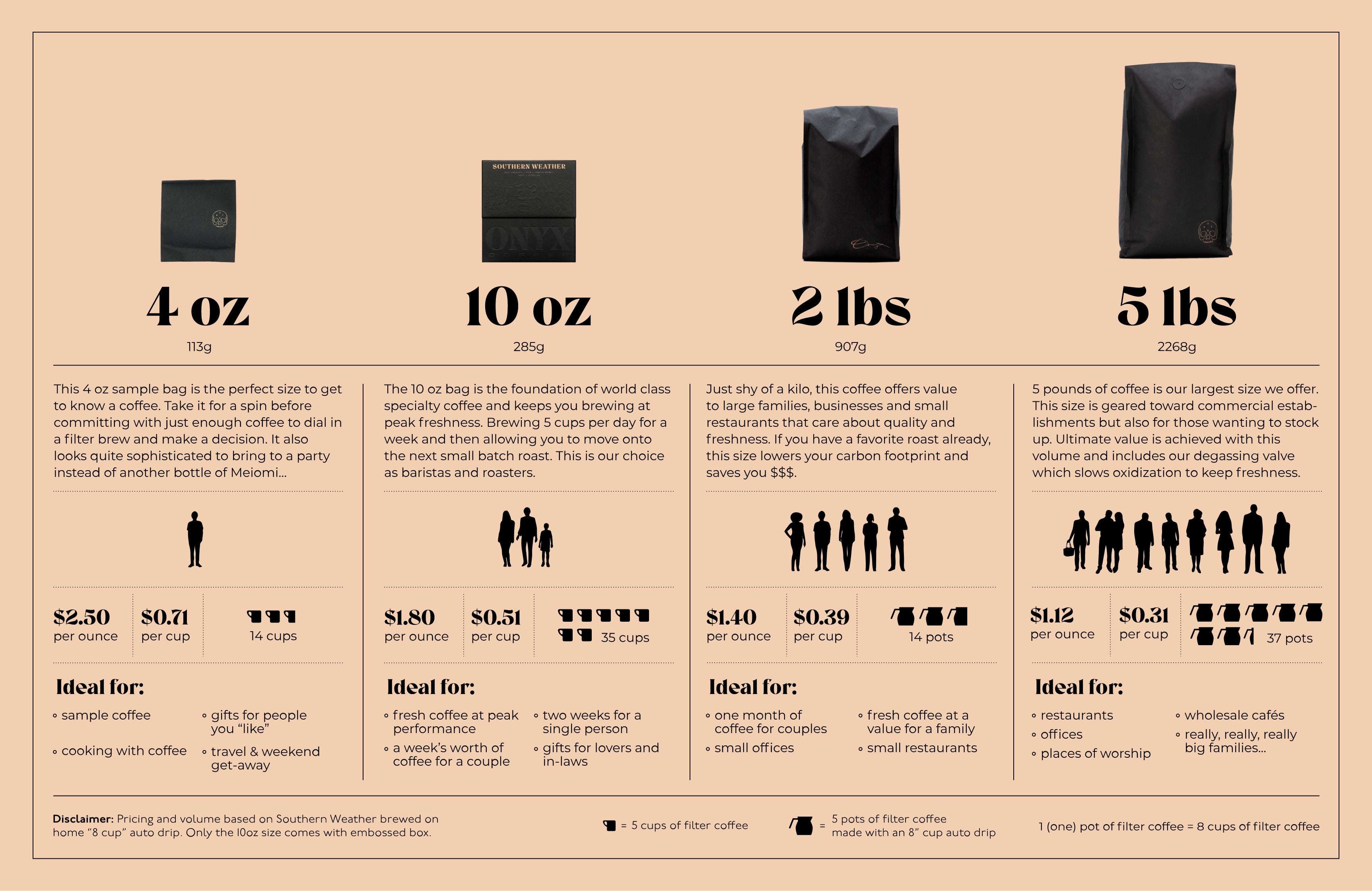Story
This coffee comes from our friends at Forward Coffee. Cole Torode, a two time Canadian Barista Champion and World Barista Championship finalist. Cole has spent the better part of a decade fostering relationships with coffee producers around the world, and now he spends much of his time connecting roasters with coffee producers through Forward Coffee. We first began a conversation about partnering with Forward in Milan, Italy during the World Coffee Championships. It didn’t take long for us to hone in on some delicious coffees Cole had sourced from Burundi via Matsitsi Trading. You can read more about this mill below.
NYAGISHIRU via Forward Coffee
In 2019, Forward was one of the first international buyers of Nyagishiru CWS coffee, as this was the first time they had focused on specialty coffee and marketed outside of Burundi. Nyagishiru CWS is located near the Ruvubu River, Buhinyuza Commune (Muyinga Province) in the North East of Burundi. This CWS has 200 raised beds and uses a Mackinnon pulper. It has four fermentation tanks and two soaking/pre-floating tanks. The CWS is located on the hill on Nyagishiru and collects cherry from 12 neighboring hills. Matraco (Matsitsi Trading Co, the owner of the CWS) farms 7000 of its own trees on Nyagishiru Hill.
Matraco has contributed seedlings for their Farmers in order to replace old-aged coffee trees. They have also provided funds for a school and health center construction in the Muyinga Province. Nyagishiru producers have received a premium 20% above the local market rate this season. Nyagishiru pays its staff almost 60% above the rate for casual labor in Burundi. In 2019, Forward was one of the first non-local people to ever visit this washing station. It is truly beautiful, situated in a valley surrounded by the Nyagishiru Hills, which it's named after. The coffee is sweet and clean. With proper management happening, we believe this could be one of the best washing stations in Burundi in the coming years. Interestingly, it's also located in a lesser known coffee region, Muyinga District, outside of Kayanza, the province where the majority of Burundi's coffee is produced.
NATURALLY PROCESSED COFFEE
Natural coffees are beautiful… Okay, natural coffees are beautiful when done properly, but can be equally terrible when things go wrong. Natural processing, or dry processing, refers to the act of drying and fermenting coffee inside the cherry. Long before the age of portafilter tattoos and dual-boiler home espresso machines, coffee was picked and dried this way out of convenience. It is, to this day, still the most convenient and economically friendly way to process coffee cherries. (It’s estimated that dry-processing can use up to 90% less water than the washing process.) So why isn’t all coffee processed this way? Well, as coffee made its way across the world, it was commoditized and standardized, just like all other products spread by colonialism, but that’s a whole other story... Adding to the boom of washed processing, the natural process method can be tricky to get right, due to the delicate nature of fermentation and drying. What does all this have to do with the final cup? Well, when you leave the skin and fruit of the coffee cherry on the seed throughout fermentation and drying, that fruit begins to break down, imparting esters that influence delicate florals and big fruit notes into the seed that survive the roasting process. If it’s rushed or handled incorrectly, this fruit rot can lend off-flavors to the coffee, making the final cup dirty or ‘fermenty.’ Basically that single cherry begins to slowly decay, and controlling that delicate action through advanced technique and metrics allow us, lucky folks, to drink wonderfully floral and fruity coffees. We have long promoted natural processed coffees, and this Burundi is just one of the reasons we do.



